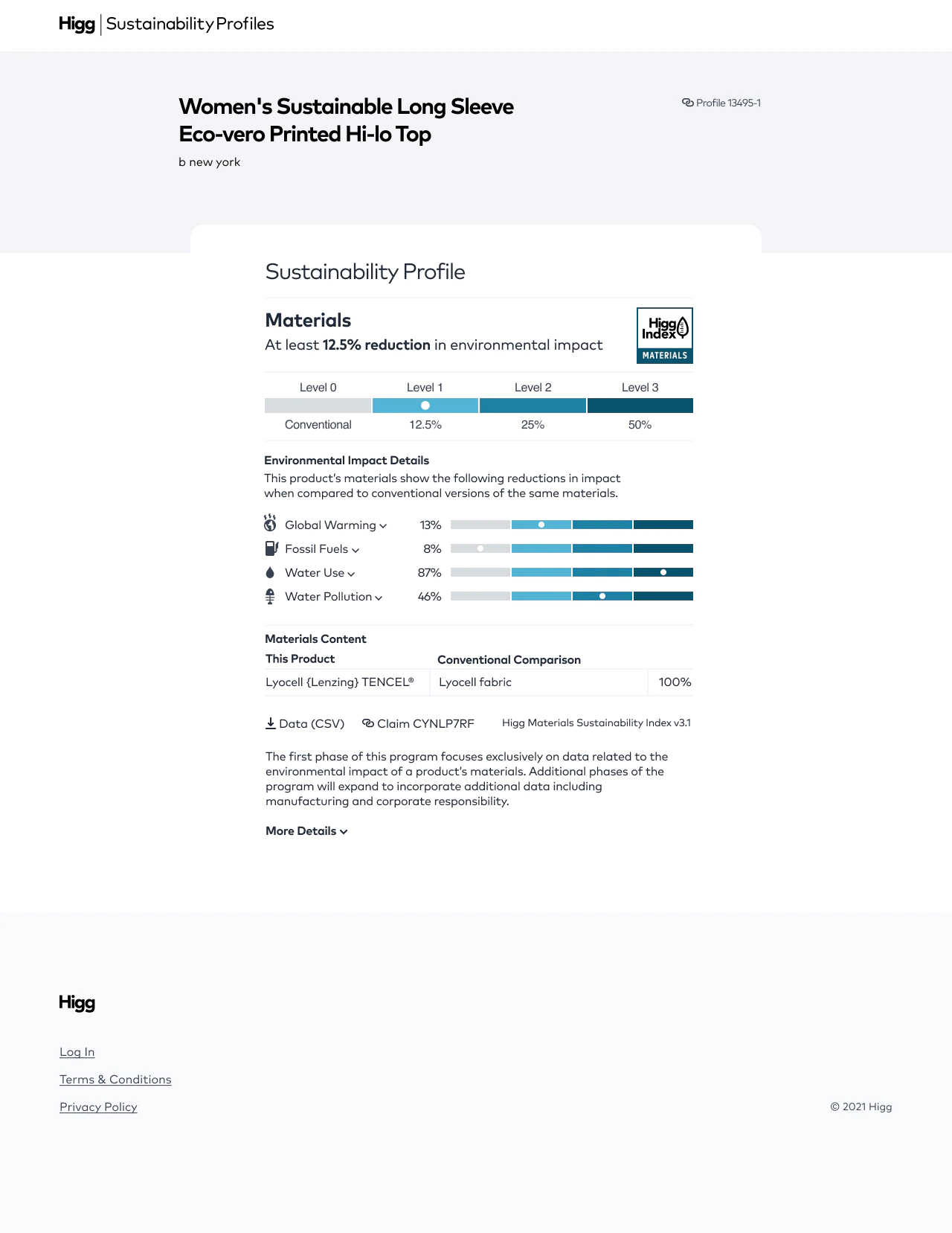
The organisation will “pause the consumer facing transparency programme globally” as it works with regulators and consumer agencies “to better understand how to substantiate product level claims with trusted and credible data,” chief executive Amina Razvi said in a statement. It also commissioned an urgent third-party review of its Higg Materials Sustainability Index (MSI), whose data and methodologies underpin its environmental claims and have faced regulatory scrutiny and criticism.
The news comes just over a year after the Sustainable Apparel Coalition began rolling out its first consumer-facing product tool, which aimed to communicate to shoppers how items such as organic cotton T-shirts perform on environmental measures like water usage and carbon emissions, relative to those made from ordinary cotton.
The SAC’s decision to pull back on the programme follows a Jun. 16th ruling by the Norwegian Consumer Authority (NCA), which found that outerwear brand Norrøna could no longer use the tool to market its products due to its potential to mislead consumers and criticism over the quality of comparable data underpinning the claims. H&M Group was similarly warned against making the same kinds of claims in its marketing.
The NCA’s regulatory decision was a significant blow to the SAC, which was founded in 2010 with the aim of establishing a common framework for sustainability reporting in the fashion industry. It counts over 250 members including industry giants H&M Group, Inditex, Kering and PVH.
Learn more:
The Challenges of Labelling Sustainability
The launch of Higg’s consumer-facing product profiles is a step towards a more transparent, unified framework for talking about the impact of our clothes. But longstanding criticism of the initiative behind this programme points at wider tensions in the industry.



